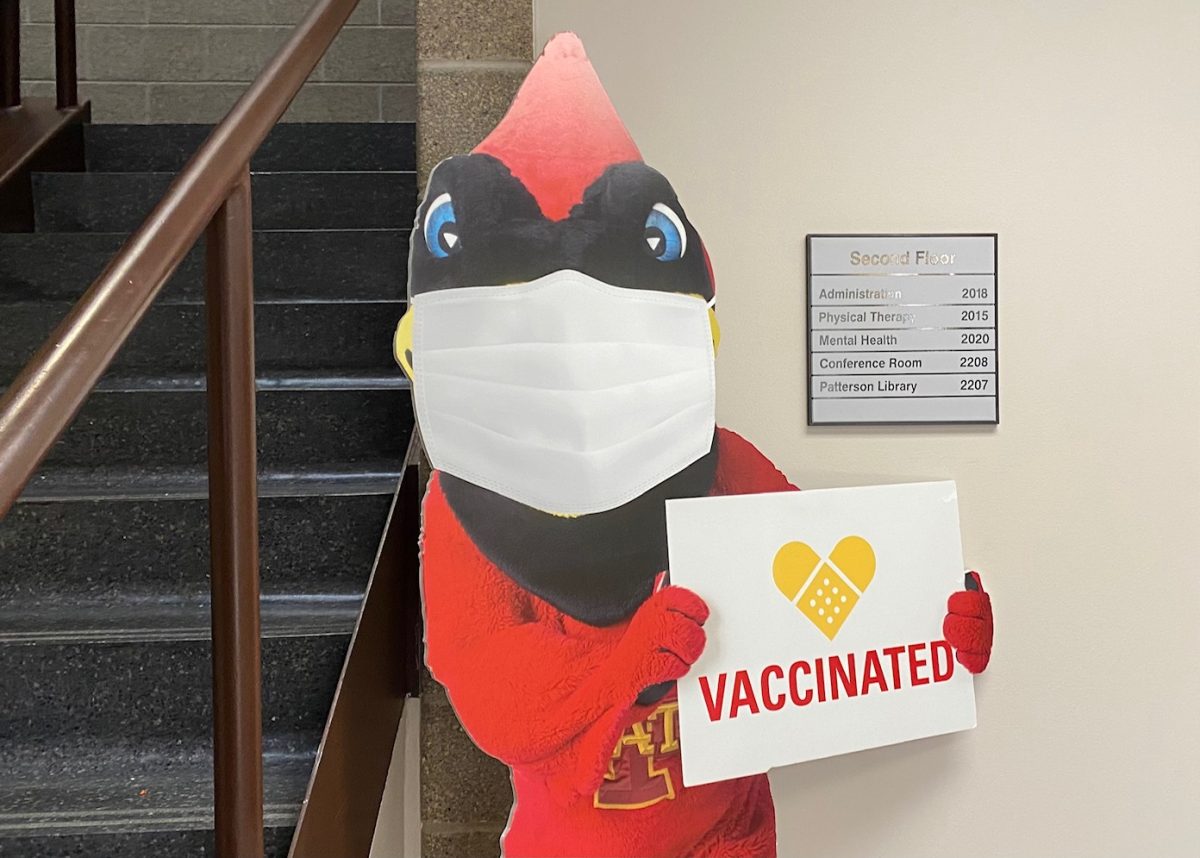Agricultural systems technology enjoys short but storied history
November 30, 1999
Unlike many majors within the College of Agriculture, the agricultural systems technology major has a fairly short history.
Duane Mangold, retired professor of agricultural and biosystems engineering, was one of its creators of agricultural systems technology, which boasted its first graduates in 1973.
“At that time, other state universities had this type of program, and we were trying to work into this type of operation as well,” he said.
Then known as “agricultural mechanization,” the major was created to offer more practical experience than the agricultural engineering major provided, said Victor Bekkum, professor of agricultural and biosystems engineering.
“They wanted to provide an alternative to the engineering curriculum,” he said.
Bekkum explained that AST majors have the opportunity to chose among three different area options: agricultural systems technology and management, mechanical systems and environmental systems. Within the options, students also can choose various areas in which to specialize.
“We give students an opportunity to see a lot of possibilities in mechanized agriculture,” Mangold said.
Since its creation, the major has seen both highs and lows in enrollment.
However, Mangold said since the major’s name was changed to agricultural systems technology in 1989, there has been a sharp increase in enrollment to an estimated 160 students.
“The students make it go … they recruit the on-campus students … they sell the program … the program sells itself,” he said.
Dan Baum, senior in AST and president of the AST club, was one of the students who came to the major after hearing about it from other students.
“I didn’t know about [the major] until I came to college; I knew some people who were in it. I was an agricultural engineering major before,” he said.
Baum said he has no regrets about switching from agricultural engineering to AST.
“This is a part of agriculture that is in high demand for employers right now — our expertise is in high demand,” he said.
However, Baum said he won’t be filling any of those positions. He plans to go home and farm, and he said he thinks AST has done a good job of preparing him for the future.
“You can go anywhere you want with this major; it’s really flexible,” he said.
As far as the future of AST, Baum said he hopes the program can expand to meet the demands of an increasing enrollment.
“Our enrollment numbers are up every year — we’re lacking facilities to house all of the students,” he said.
For Bekkum, his goal is to develop a co-op program similar to those offered in other areas of the College of Engineering.
“I’d still like to see us move in the direction of the co-op-type program. With a co-op, a student works a minimum of three terms and is working for the same company, thus giving them the experience they need,” he said.






